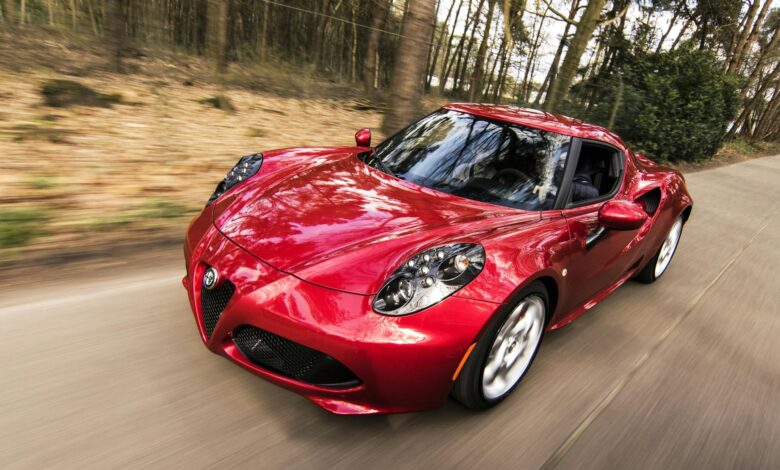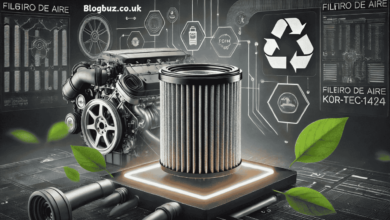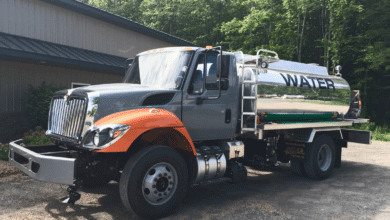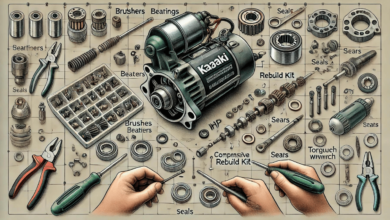The driving habits that could be costing you more than you think

Most drivers believe that the biggest expenses in car ownership come from fuel prices or occasional repairs. However, what many fail to realize is that the way we drive every day can silently drain our wallets. From aggressive acceleration to harsh braking and even ignoring tire maintenance, these behaviors lead to costs that could easily be avoided. For instance, instead of replacing expensive wheels every couple of years, a more mindful driving style and regular maintenance checks could extend their lifespan significantly, saving hundreds of dollars in the long run. Driving habits may seem like small personal quirks, but studies show they can influence the wear and tear of a car as much as weather conditions or road quality.
Most drivers believe that the biggest expenses in car ownership come from fuel prices or occasional repairs. However, what many fail to realize is that the way we drive every day can silently drain our wallets. From aggressive acceleration to harsh braking and even ignoring tire maintenance, these behaviors lead to costs that could easily be avoided. For instance, instead of replacing expensive wheels every couple of years, a more mindful driving style and regular maintenance checks could extend their lifespan significantly, saving hundreds of dollars in the long run. Driving habits may seem like small personal quirks, but studies show they can influence the wear and tear of a car as much as weather conditions or road quality.
How speeding silently empties your wallet
One of the most common driving habits that lead to unnecessary expenses is speeding. While it might seem like driving faster saves time, the reality is that it consumes significantly more fuel. According to automotive experts, cars lose fuel efficiency drastically once they exceed certain speed thresholds, meaning your gas tank empties much quicker than you might expect. Over a year, this habit can translate into hundreds of extra dollars spent on fuel alone.
Moreover, higher speeds increase the wear on brakes and tires. Sudden braking at high speeds generates more heat and friction, reducing the lifespan of brake pads and rotors. The same applies to tires. They wear out faster when frequently exposed to sudden acceleration and abrupt stops.
The underestimated impact of harsh braking and acceleration
Another wallet-draining habit is aggressive driving. Rapid acceleration followed by harsh braking not only wastes fuel but also puts tremendous stress on a car’s engine and transmission. Mechanics often warn that this driving style leads to premature wear on multiple components, from the gearbox to suspension parts.
The long-term costs of this habit are staggering. While a single instance might not seem harmful, the cumulative effect over months or years can lead to major repairs. And those repairs often cost far more than any savings you might think you’re achieving by “driving like a pro” on city streets.
Tire maintenance: a simple habit with big savings
Tires are among the most expensive consumables on a vehicle, yet many drivers ignore their condition until problems appear. Driving with underinflated tires, for instance, increases rolling resistance, leading to higher fuel consumption and faster tire wear. The result? You’ll need to replace them much sooner than expected.
By checking tire pressure regularly and rotating tires according to the manufacturer’s recommendations, drivers can extend their lifespan significantly. Combine this with a smoother driving style, and the need for new tires could drop by as much as 30%, according to some estimates.
Idling and unnecessary engine wear

Another overlooked habit is prolonged idling. Many drivers leave their cars running while waiting for someone or warm up the engine longer than necessary. Modern engines do not require extensive warm-up times, and prolonged idling not only wastes fuel but also leads to carbon buildup in the engine. Over time, this can cause expensive maintenance issues.
Simply turning off the engine when parked for more than a minute or two can prevent these problems and save fuel at the same time.
The role of regular maintenance and mindful driving
Ultimately, the most effective way to reduce car expenses is a combination of preventive maintenance and adopting a smoother, more conscious driving style. Keeping an eye on tire pressure, following oil change schedules, and avoiding aggressive maneuvers can extend the lifespan of many car components. While some habits might feel hard to break, the financial incentives are hard to ignore. By slowing down, accelerating gently, and planning routes to avoid heavy traffic, drivers can significantly cut costs over the long term.




